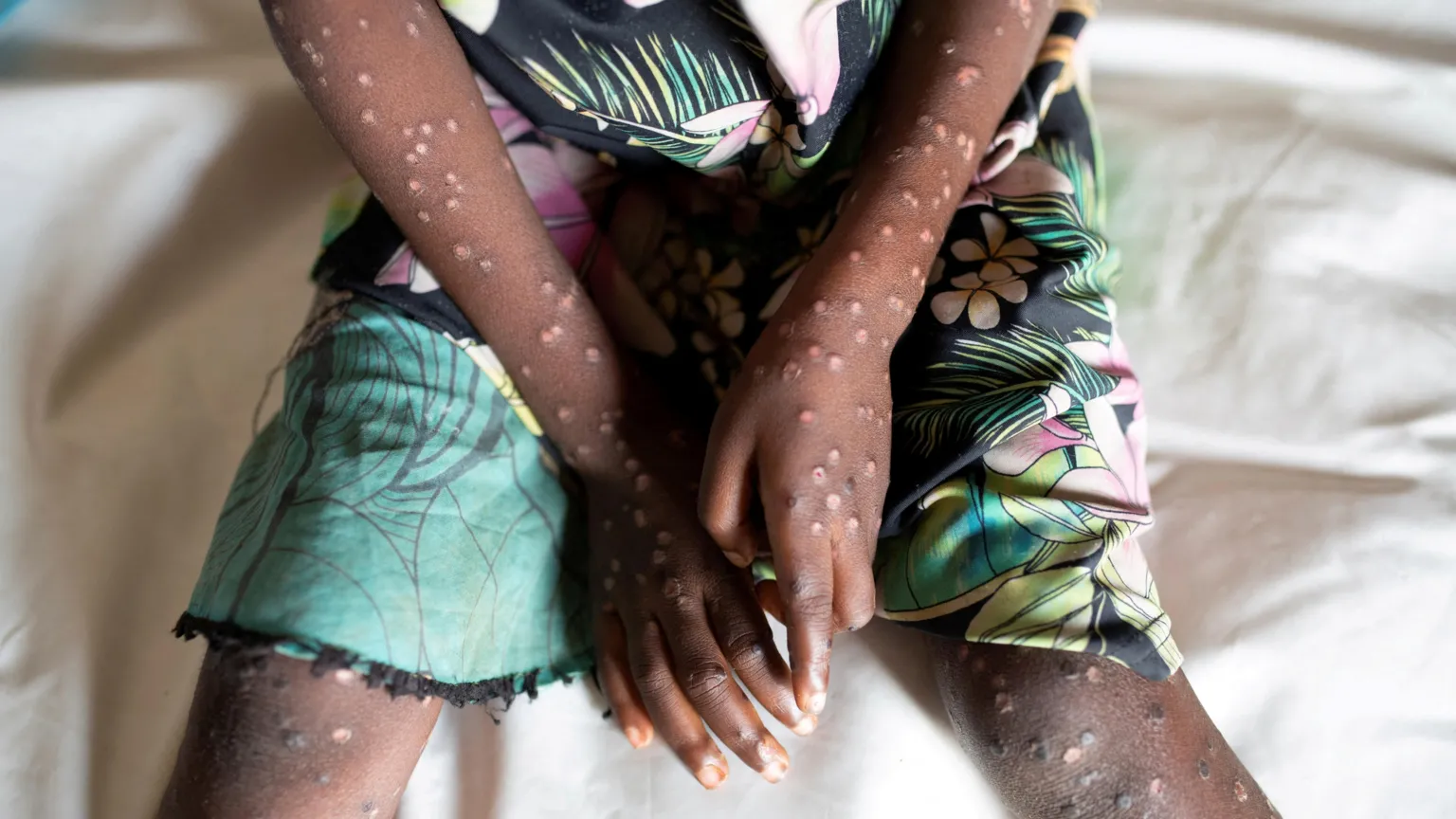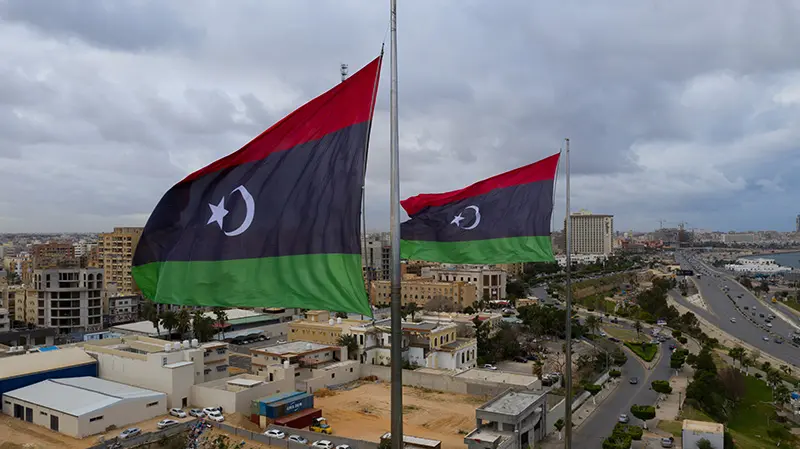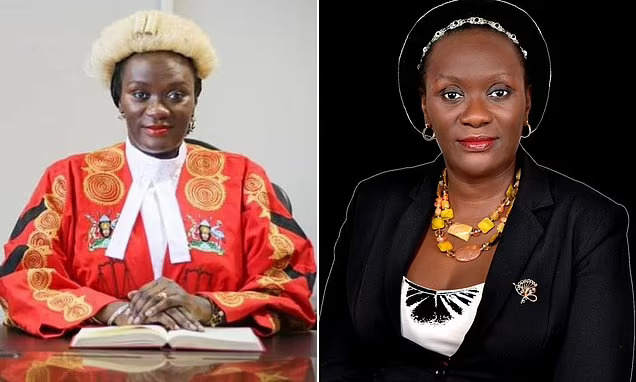On Wednesday, August 14, 2024, the World Health Organization (WHO) declared the ongoing mpox outbreak in Africa a global health emergency.
This decision followed a meeting of the WHO’s emergency mpox committee, which was convened due to concerns that a more dangerous strain of the virus, known as clade Ib, had spread to four areas in Africa previously unaffected by the outbreak. This strain had been previously contained to the Democratic Republic of Congo (DRC).
WHO Director-General Tedros Adhanom Ghebreyesus announced that the outbreak has been declared a Public Health Emergency of International Concern (PHEIC), the highest level of alarm under international health law.
This designation is used by the WHO for “extraordinary events” that pose a significant risk to other countries through international disease spread and may require a coordinated international response.
Additionally, on Tuesday, August 13, 2024, the Africa Centres for Disease Control and Prevention (Africa CDC) declared the outbreak a public health emergency of continental security, marking the first such declaration since the agency’s establishment in 2017.
Since the beginning of the year, over 17,000 cases and more than 500 deaths have been reported across 13 African countries. The Africa CDC classifies the outbreak as a “very high-risk event,” with the highest number of cases, over 14,000, reported in the DRC.
Mpox, formerly known as monkeypox, is a viral disease that can spread easily between people and from infected animals. It transmits through close contact, including touching, kissing, or sex, as well as through contaminated materials such as sheets, clothing, and needles.
Symptoms include fever, a painful rash, headache, muscle and back pain, low energy, and enlarged lymph nodes.



